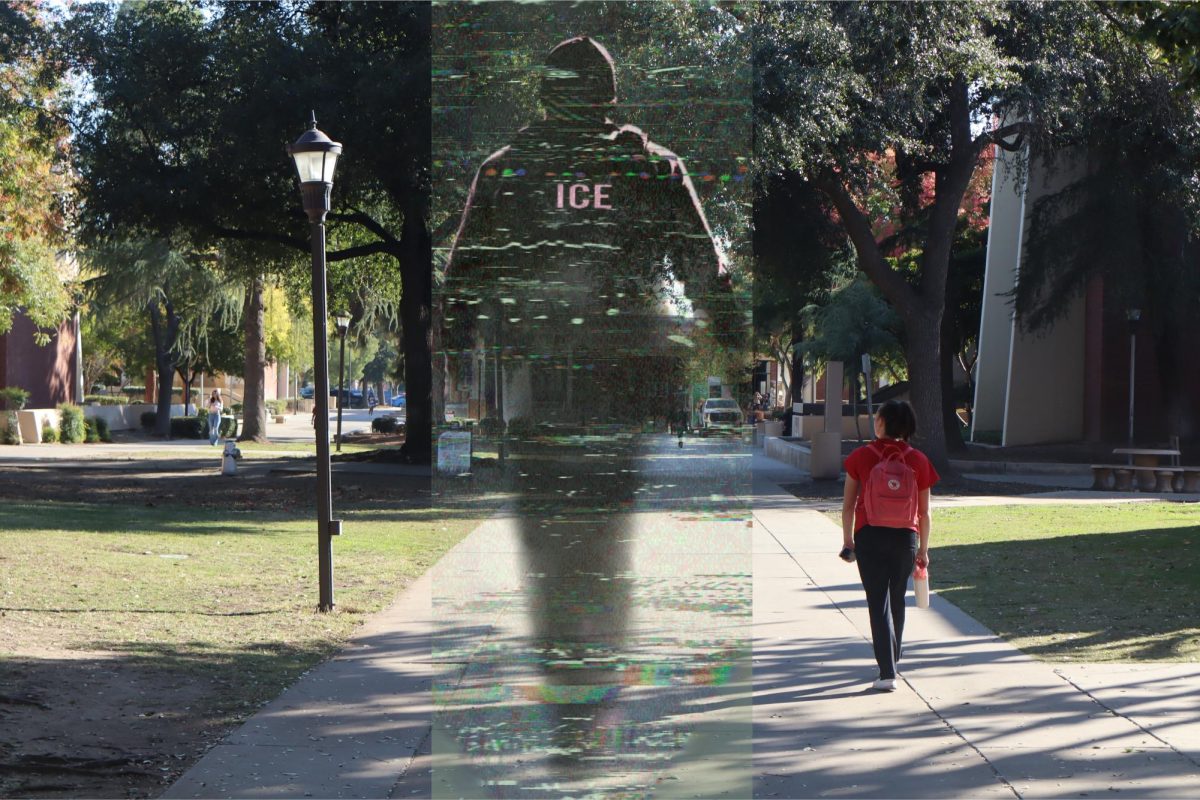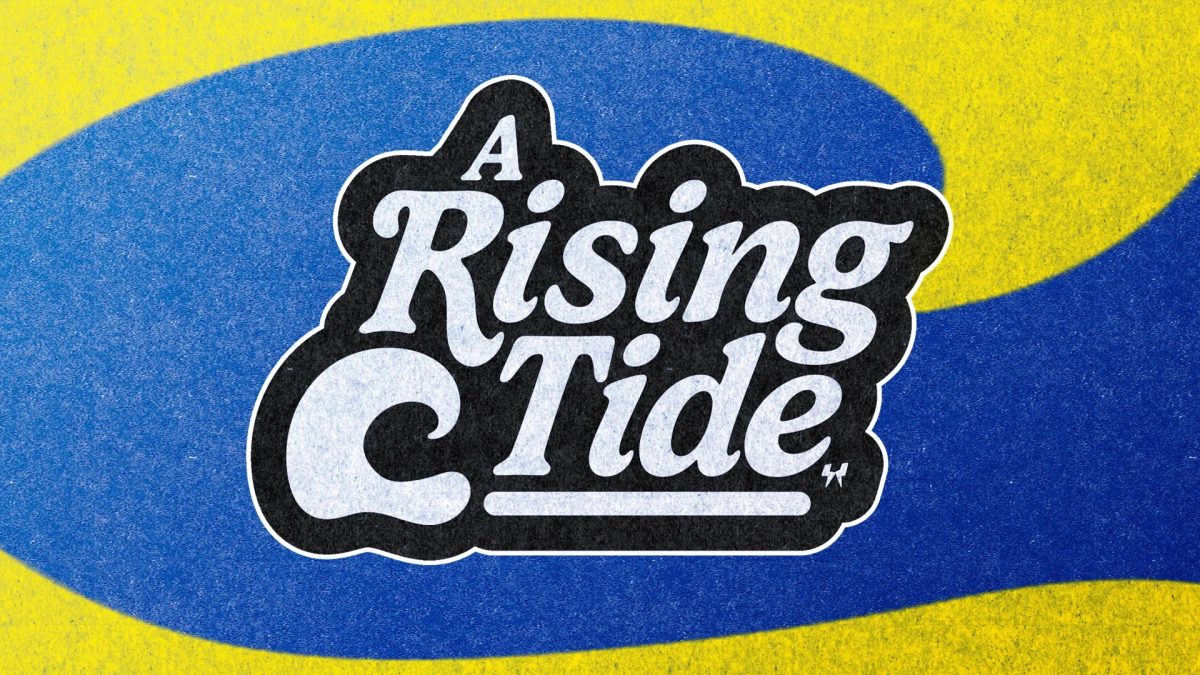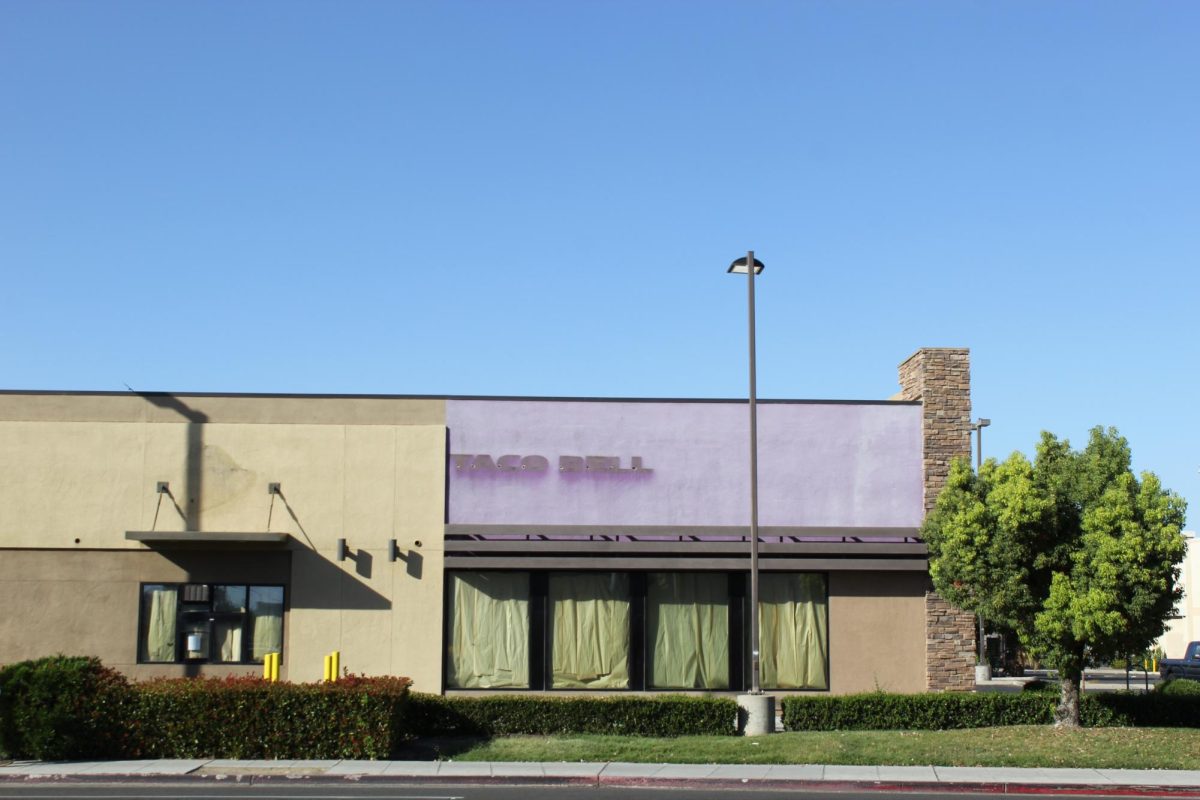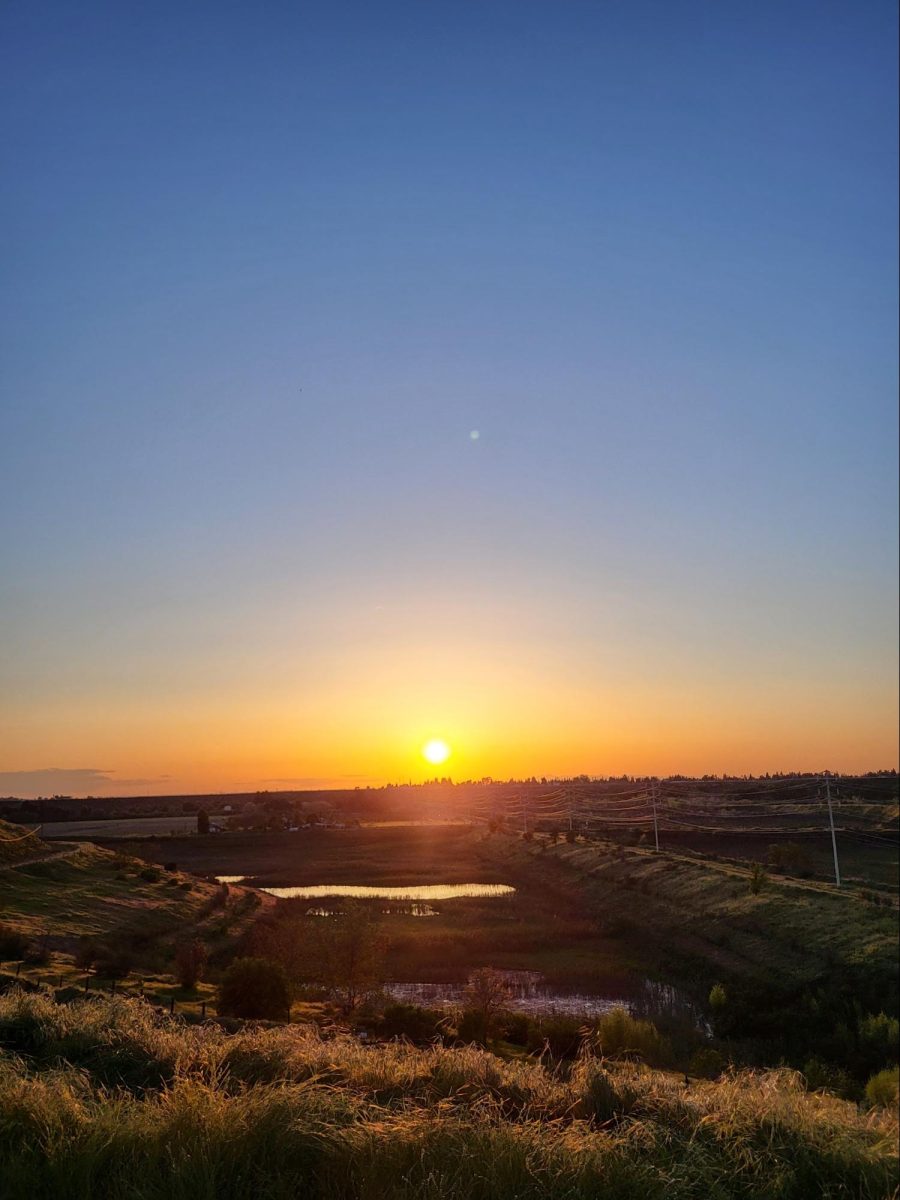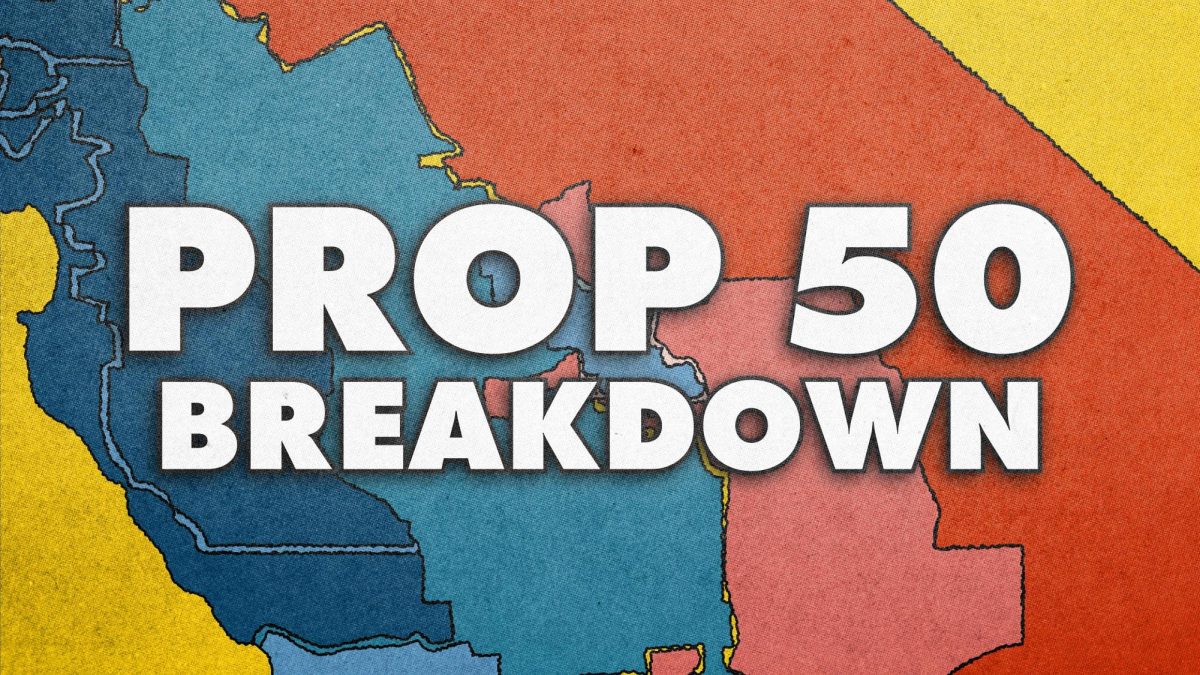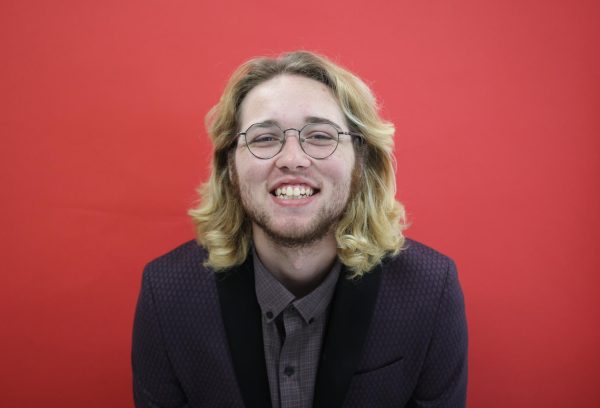The third Queer Housing Summit, a convention centered around housing insecurity, queer identity and sociopolitical issues, happened at Fresno City College on Aug. 23 from 9 a.m. to 7 p.m.
Representatives from the South Tower Community Land Trust, Housing Now California, BlaQueer Fresno and guests from around the world gathered in the OAB to share resources, exchange ideas and encourage queer joy.
Planning Committee Member and Presenter Jasmine Leiva said that Fresno City College is a fitting location to hold the event, as it’s where she first learned about her own identity.
“It was such a revolutionary space for me,” Levia said. “It’s really important for us to have spaces that are art centered, that are queer, that are trans, that are immigrant, all these identities that we hold to feel safe and protect each other.”
Keynotes
KB Brookins was a keynote speaker at the summit, and spoke about their published book, “Pretty,” a powerful memoir about their life experiences growing up queer.

“It is vital and important to, by any means, record queer and trans joy,” Brookins said. “It is so easy to access hate and negativity within the queer community, so it is more important now than ever to record and document the joyous things.”
Brookins highlighted the importance of documenting joy throughout their book with memories, stories and pictures.

Tracy Rosenthal, the second keynote speaker, also wrote and published “Abolish Rent,” a nonfiction novel focusing on housing insecurity. Rosenthal said they acknowledge that as a society we are taught to call legal aid, vote for change or call social services. However, Rosenthal believes that the power of society lies elsewhere.
“For me, what’s crucial is that we take our own power seriously, that we turn to our neighbors and communities and take those as the instruments we need to wage this war,” Rosenthal said.
They spoke about moving from a place of insecurity and instability to a place of defiance and power. Rosenthal encouraged tenants to group together as a community and speak up against rent that is rising in shared spaces.

South Tower Community Land Trust
Kiel Lopez-Schmidt is the founding executive director of the South Tower Community Land Trust, a nonprofit organization that aims to revitalize the housing of the South Tower District in Fresno to make it equitable and achievable for all.
“We’ve been standing up against industrial expansion, standing up for healthy food access, standing up for the human right at home as well as access to the most amazing amenities that a community deserves, like parks,” Lopez-Schmidt said.

Lopez-Schmidt addressed the recently opened Broadway Parque as a labor of love and success for the land trust. They also alluded to an ongoing project, a housing development called the San Pablo Cottages across the street from the San Pablo park in a triangle of vacant land.
Finally, Lopez-Schmidt addressed a new investment system that South Tower Community Land Trust has committed to. Earlier in the morning, Jocelyn Suarez urged that the community should go beyond simply addressing that we are on stolen native land.
“Our organization has decided that we’re not just going to acknowledge that this happened, but we’re going to invest in restoring the native communities in our area,” Lopez-Schmidt said. “Our policy that we set in our workload is that 10% of the land, of everything that our organization purchases and owns will donate back to an indigenous organization.”
The South Tower Community Land Trust made their first donation to the Sierra Tribal Consortium some weeks prior to the housing summit.
Classes
Classrooms in the OAB were filled with presenters from all around the community, focusing on different topics like immigrant safety, housing and other issues that may seem to make spaces more difficult to live in.
One panel discussion, “Beyond Barriers 2SLGBTQIA+ Leaders in Housing,” was organized by Ray McPherson. The panel’s goal was to create a safe space for women and LGBTQIA+ members.
“It is hard being queer in a professional setting, it’s harder than just being a woman in housing,” McPherson said. “You can be a professional and also be out and queer, and we can tell you, guide you, answer your questions and be your support.”
McPherson organized with other queer professionals from all kinds of housing agencies and coalitions across California. They each had a unique perspective to share, but one theme untied their answers self advocacy.
“My team, I have a lot of 20-something, early 30-something staff members who ask a lot of questions, who push back a lot, and in the greatest way,” Sarah Buchanan said executive vice president of the San Diego Housing Federation. “It brings opportunity to have real conversations.”
Pedro Galvao, the strategic initiatives and policy advisor at California’s Business, Consumer Services and Housing Agency, reflected on his experience as a job recruiter. He said it’s important that people vocalize their differences.
“It was just really important at those forums to be visibly queer, to talk about your experience as a queer person so folks could see themselves and feel welcomed. I remember when I was starting out that was really important to me, and did leadership talk about their experiences? Did leadership have experiences that reflected my experience?” Galvao said.

Art Pieces
Around the OAB were poster boards with different printed art pieces from queer artists around the world. One of these artists was Vishinna Turner, board vice president of the South Tower Community Land Trust.
“It is wonderful to have all of the artwork mixed in with housing because what makes your community better? Having everyone express themselves and be creative in their outlet,” Turner said.
Each art piece displayed in the OAB was photographed and compiled for posterity in a companion booklet called “More Than Mere Existence.” According to Turner’s page in the book, her art piece is about “society’s inability to digest Black culture, specifically picking apart things it likes and discarding the rest.”
Students at FCC and members of the Aleño Dance Project put on a performance at noon in the auditorium. According to the Queer Housing Summit website, the dance told a powerful story about grounding, resistance and self-discovery. The dance acted as a tribute to Yemaya, a deity of the Yoruba people.

At the end of the day, there was a performance by “The Splash ‘Queens,’” a local group of drag queens. According to the Queer Housing Summit website, their performance was a tribute to the communities that make housing justice possible, and a reminder that celebration is part of the revolution.


